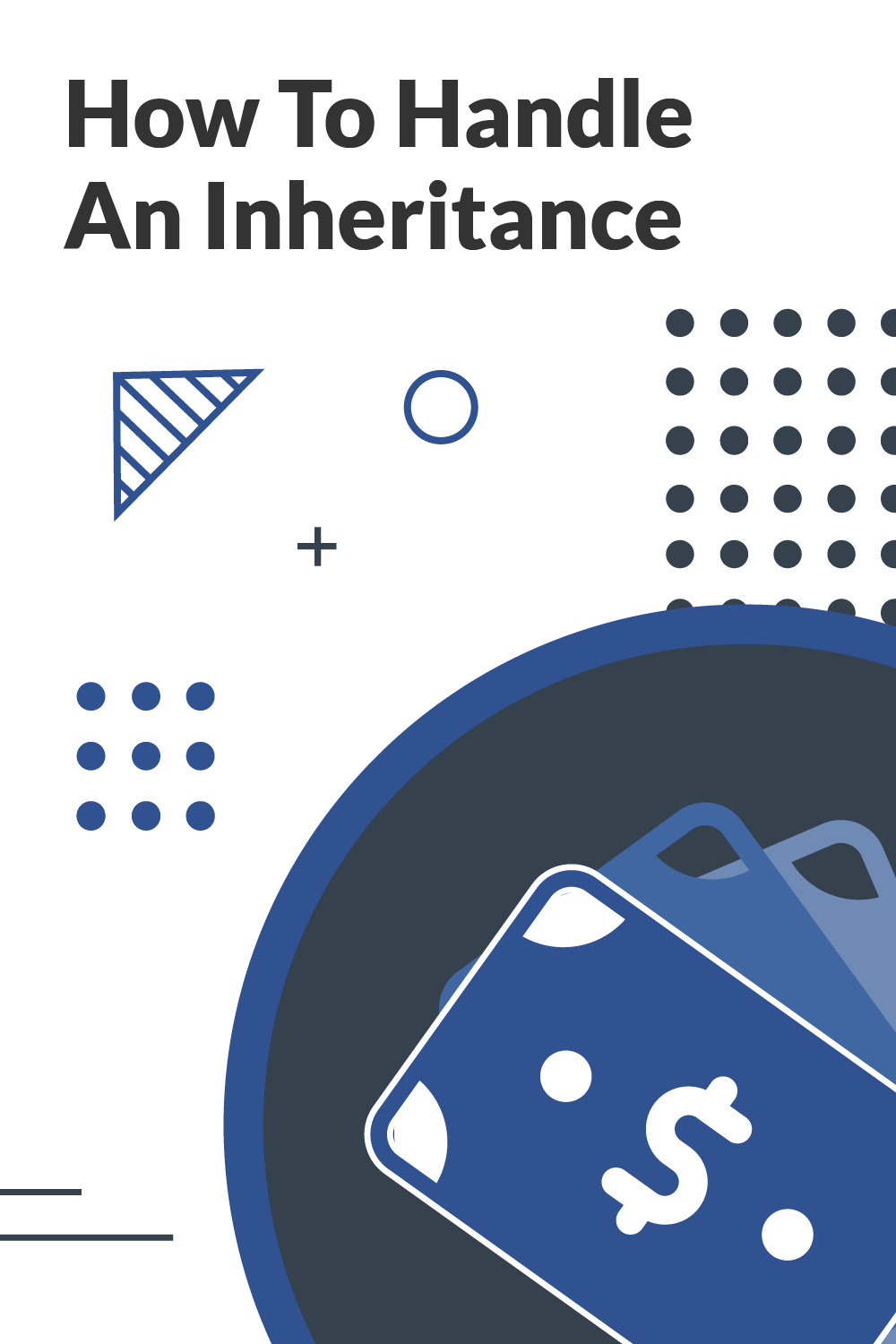
Getting an inheritance is the epitome of a mixed blessing. You receive a financial windfall, but the cause is the death of a loved one. On top of complicated emotions, you may be dealing with the largest sum of money you’ve ever seen.
Nobody is born knowing how to handle an inheritance, and few people are prepared to handle one.
But if you’ve received an inheritance, you can take a few steps to use the money wisely.
Decide Who To Tell
Philosopher and scientist Francis Bacon once said, “Discretion of speech is more than eloquence, and to speak agreeably to him with whom we deal is more than to speak in good words, or in good order.”
Knowing what to say, and how to say it is difficult, especially when you’re experiencing something for the first time. On top of that, we live in a society where constant access to social media makes it easy to overshare your life.
You may be tempted to share your new situation online. After all, likes, hearts, and other emoji responses you get from sharing may give you a temporary endorphin rush. But sharing your complicated emotions online is likely to backfire. When lots of people know you have money, a lot of people will start to ask you for money.
The last thing you need during a time of grief is solicitations for money to help your Stepdad’s cousin start his beachside popcorn stand. Even sharing with close friends or family members may be unwise. Both friends and family members may treat you differently if they believe that you have an unexpected financial windfall.
When you first get an inheritance, share the information with your spouse and a tax advisor. Even if your friends suspect that you got an inheritance, they don’t need to know how much money you got.
Later on, you may want to share the information with other financial advisors, your children, or charitable organizations that you plan to support. Sharing might be the right choice, and you can always share more information in time. Instead of sharing everything at once, take time to decide who needs to know what.
Take Some Time
If you have a bias towards action, you may want to get your inheritance invested right away. Though that’s tempting, give yourself a little bit of time to start thinking straight. It’s okay to wait six months or even a year before you touch the inheritance money.
Use this time to grieve your loss, learn about investing, and identify a fiduciary advisor who can help you manage the large windfall.
You may even feel ready to invest after a month or so. But after speaking with many people who've suffered a loss, almost everyone wished they waited six months or longer. You simply can't avoid what a major loss does to your mind, and you may not be making the best decision even if you think you are.
So what do you do? Just keep the money parked in a savings account.
Avoid Snake Oil Salesmen
You don’t need to rush into paying off debt or investing for the future. Even rushing into “getting educated” could leave you vulnerable to snake oil salesmen. Whole life and annuity salespeople have especially slick sales pitches that might take you in during a period of heightened emotion.
Whole life or an annuity may make sense for you, but take time to assess your options and get advice from a fiduciary expert before you make any major financial moves. Fiduciary means that a financial professional must have your best interests in mind when recommending a product or service.
Following a windfall, only take advice from fiduciary financial advisors. If a person can’t give you a clear answer about whether they are a fiduciary, move on. Good advice will allow you to adjust in the future. Bad advice could leave you financially stuck for years to come.
If you must spend some money immediately, consult a Certified Financial Planner (CFP) before you spend too much of the money. A CFP can help you create a sustainable withdrawal strategy, so you don’t run out of money too soon.
Follow the Financial Order of Operations
A financial advisor can help you develop a tax-efficient plan to manage your inheritance based on your situation and your goals. An advisor will help you take a big-picture view of your finances and make a detailed plan for using your money.
They will have the expertise you need to make great decisions with the inherited money. Most of the time, your advisor will instruct you to follow a sensible order of operations that includes paying off high-interest debts, investing for retirement, designing a charitable giving plan, and more.
The financial order of operations includes:
Saving an emergency fund. Saving for an emergency isn’t fun or exciting, but it gives you a firm foundation. With an emergency fund in place, you can weather broken cars, broken bones, job loss, or other financial catastrophes.
Paying off debts. If you’ve got debts, an inheritance may help you pay them off. Depending on the size of your debts and your inheritance, you may be able to wipe out all your consumer debt.
Investing for the future. A well-diversified investment portfolio can help your inheritance grow. Even if you need some money today, investing can ensure that you still have funds a decade or more down the road.
Give Charitably. Giving money to charitable organizations can be a way to enjoy your new wealth, honor the person who died, and build a better future. And you can probably afford to give more than you ever have. But don’t start giving in a scattershot way. You may be able to make a deep impact by well-designed charitable giving. A financial advisor can help you plan a tax-efficient giving strategy. They may advise you to use a Donor Advised Fund (DAF) or other structures to maximize your giving and minimize your taxes.
Enjoying your inheritance now and in the future. You don’t want to blow your entire inheritance on low-budget vacations, Amazon purchases, and Uber Eats delivery. But that doesn’t mean your inheritance money is off-limits. Instead, think about high-impact ways to spend money that you and your family will enjoy.
Stick To The Plan
Preserving wealth and growing it over time isn’t magic. But a good plan from a financial advisor isn’t sufficient to help you grow wealth. You need to stick to the financial plan that you create. Overspending, especially buying large-ticket items like RVs, houses that you can’t afford, and cars, can lead to deteriorating wealth.
Stick to your financial plan. Make sure that big purchases are part of your financial plan before you sell hundreds of thousands of dollars worth of assets to finance your lifestyle.
Final Take
No matter the source of your financial windfall, the money you received is under your stewardship now. Take your time, consult with real financial experts who are on your side, and stick with your plan. When you take those steps, you stand the best chance of enjoying the inheritance, growing your wealth, and using your money in meaningful ways.

Hannah is a wife, mom, and described personal finance geek. She excels with spreadsheets (and puns)! She regularly explores in-depth financial topics and enjoys looking at the latest tools and trends with money.
Editor: Ashley Barnett Reviewed by: Robert Farrington
